The Clergy Coaching Program has been actively supporting priests in the Diocese since 2017. More than 40 priests have received one-to-one executive-class coaching to help them develop leadership skills and enhance self-care.
A team of experienced and trained professional coaches – laypersons and retired clerics – offer leadership coaching to clergy identified by their bishop and affirmed as creative, competent, resourceful and whole. Coaching allows these clergy to:
- hold themselves accountable to goals
- upgrade their leadership competencies
- maintain and deepen leadership skills
- focus on or develop parish priorities and/or strategic plans
- manage workload, personal care and job-related stress
Leadership coaching helps the cleric to discover new possibilities, to identify and address limiting attitudes or behaviours, and to set and keep professional and personal goals. Coaching helps to bring clarity, focus, confidence and renewed passion for ordained ministry.
If you feel you would benefit from coaching, speak to your bishop or archdeacon.
Coaching procedures
Clergy are chosen and placed with a coach at the discretion and invitation of the College of Bishops. Coaching sessions can happen in person or by phone/video conferencing.
The coach and coachee will start by creating a short list of leadership learning goals. They will share these goals and associated actions with the bishop to develop them further. The resulting action plan will serve as a working document for the rest of their sessions. At the end of the coaching, they’ll review the action plans with the bishop and discuss the results.
The coaching program is 20 hours long, with sessions usually spread over 9-12 months. Scheduling is flexible – you might have weekly one-hour sessions, meet every two weeks, or have more focused meetings around important church events or mission action planning. The coach and coachee will agree on a regular schedule together. The program can be extended if the coach, coachee and bishop all agree.
The coachee can reach out to the coach by email or phone if they need urgent coaching. The coach will respond based on their availability.
Coaching confidentiality
The coaching relationship is built on trust. The bishop will be kept informed about progress on the learning goals, but the details of the coaching sessions will stay private unless the coachee gives explicit permission beforehand. If something comes up that affects the well-being of the coachee or others, the coach will need to share that information. The coachee will be told in the session if this happens.
Examples of when this might be necessary include, but aren’t limited to:
- If the cleric shares information or behaves in a way that the coach believes would harm the cleric’s leadership, the coach will work with the coachee to share this information with their bishop. The coach and coachee will decide together who will communicate with the bishop and how.
- If the cleric shares information or behaves in a way that violates the Diocese’s Sexual Misconduct Policy or Responsible Ministry: Screening in Faith Policy, the coach will share this information with the Canon Pastor.
- If the cleric shares that they have done or intend to do significant harm, violence or abuse to themselves or anyone else, the coach will share this information with the bishop and appropriate authorities.
Statement of shared values
Honesty – We speak to one another with grace and truth.
Confidentiality – We do not share outside the relationship without permission.
Vulnerability – We will openly share both life and ministry issues with each other.
Punctuality – We are prompt for all appointments and calls in respect of each other.
Preparedness – We complete assignments and prepare for each session.
The coach commits to be fully present―intellectually, emotionally and spiritually―to the cleric during each session. This is not a supervisory or punitive relationship. The coach walks with the cleric on this journey and helps guide the process, but the cleric is responsible for applying what they’ve learned and the results.
Our coaches
Peter Elliott
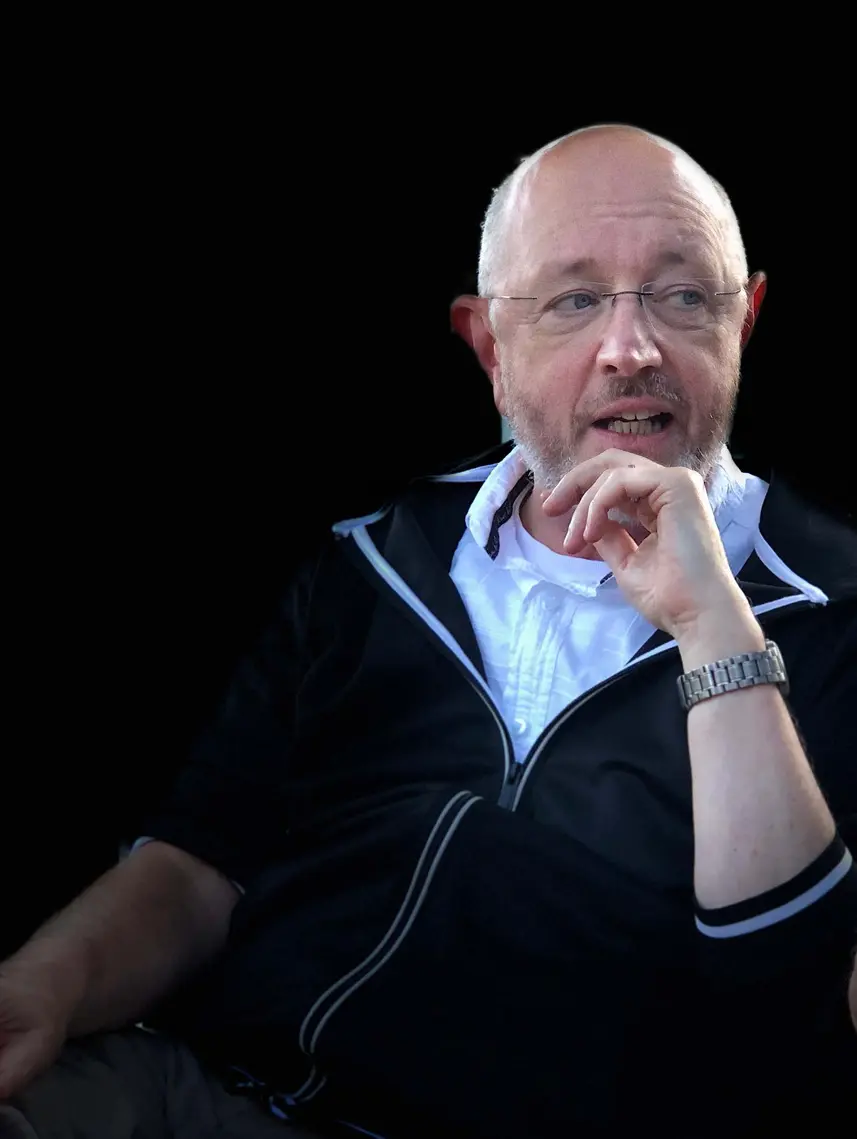 Peter retired in September 2019 after 25 years as dean of Christ Church Cathedral in Vancouver and 39 years of ordained ministry, including significant involvement in leadership at the national level. He began coaching training with the Neuro Leadership Institute and graduated from their program in spring 2020, being accredited as a Results Trained Coach in 2021. He was accredited through the International Coaching Federation as an Associate Credited Coach at the end of 2021. Throughout his training and since accreditation, Peter has had a robust coaching practice, primarily with clergy from many regions across Canada and the US. He has combined his coaching work with consultancy, including being part of the team for Cast the Net, the Diocese’s strategic visioning process.
Peter retired in September 2019 after 25 years as dean of Christ Church Cathedral in Vancouver and 39 years of ordained ministry, including significant involvement in leadership at the national level. He began coaching training with the Neuro Leadership Institute and graduated from their program in spring 2020, being accredited as a Results Trained Coach in 2021. He was accredited through the International Coaching Federation as an Associate Credited Coach at the end of 2021. Throughout his training and since accreditation, Peter has had a robust coaching practice, primarily with clergy from many regions across Canada and the US. He has combined his coaching work with consultancy, including being part of the team for Cast the Net, the Diocese’s strategic visioning process.
Marilyn Friedmann
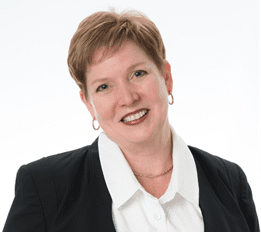 Marilyn is a Certified Professional Co-Active Coach who is dedicated to helping leaders across all sectors go from surviving to thriving. She has more than 30 years’ experience in leadership roles with organizations like World Vision, United Way, CAMH Foundation, Manulife Financial, Sun Life and Mattel. In addition to professional coaching skills, Marilyn has extensive experience in building teams, marketing, strategy, innovation, management consulting, designing and implementing growth strategies. A cradle Anglican, she has been actively involved in her local parish since her teen years.
Marilyn is a Certified Professional Co-Active Coach who is dedicated to helping leaders across all sectors go from surviving to thriving. She has more than 30 years’ experience in leadership roles with organizations like World Vision, United Way, CAMH Foundation, Manulife Financial, Sun Life and Mattel. In addition to professional coaching skills, Marilyn has extensive experience in building teams, marketing, strategy, innovation, management consulting, designing and implementing growth strategies. A cradle Anglican, she has been actively involved in her local parish since her teen years.
Anita Gittens
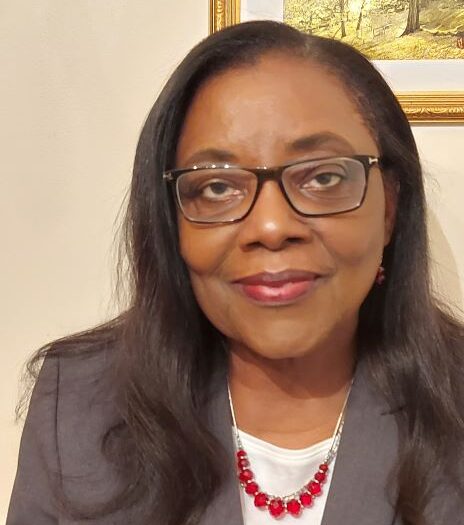 Anita has a genuine interest in guiding individuals and organizations to be the best they can be. She brings extensive experience in leadership, governance, strategic planning and organizational change, stemming from her work in health care, as well as in senior leadership, consulting and coaching roles across many other sectors. Her formal education includes an executive MBA, a doctoral degree and certified coaching designations. With her unique blend of experience, expertise and education, Anita has a deep knowledge of the Anglican Church, from being active and serving in many capacities at the parish, diocesan and national levels, as well as globally. She has a love for furthering God’s mission, a heart for social justice and value for diversity, equity and inclusion. She was one of the consultants for the Cast the Net visioning and strategic planning process and is the Canadian lay delegate to the Anglican Consultative Council, as well as a Canadian link to the United Society Partners in the Gospel (USPG). As an executive coach, Anita has a master coach designation and coaches in the secular world as well as in the Church.
Anita has a genuine interest in guiding individuals and organizations to be the best they can be. She brings extensive experience in leadership, governance, strategic planning and organizational change, stemming from her work in health care, as well as in senior leadership, consulting and coaching roles across many other sectors. Her formal education includes an executive MBA, a doctoral degree and certified coaching designations. With her unique blend of experience, expertise and education, Anita has a deep knowledge of the Anglican Church, from being active and serving in many capacities at the parish, diocesan and national levels, as well as globally. She has a love for furthering God’s mission, a heart for social justice and value for diversity, equity and inclusion. She was one of the consultants for the Cast the Net visioning and strategic planning process and is the Canadian lay delegate to the Anglican Consultative Council, as well as a Canadian link to the United Society Partners in the Gospel (USPG). As an executive coach, Anita has a master coach designation and coaches in the secular world as well as in the Church.
Barry Parker
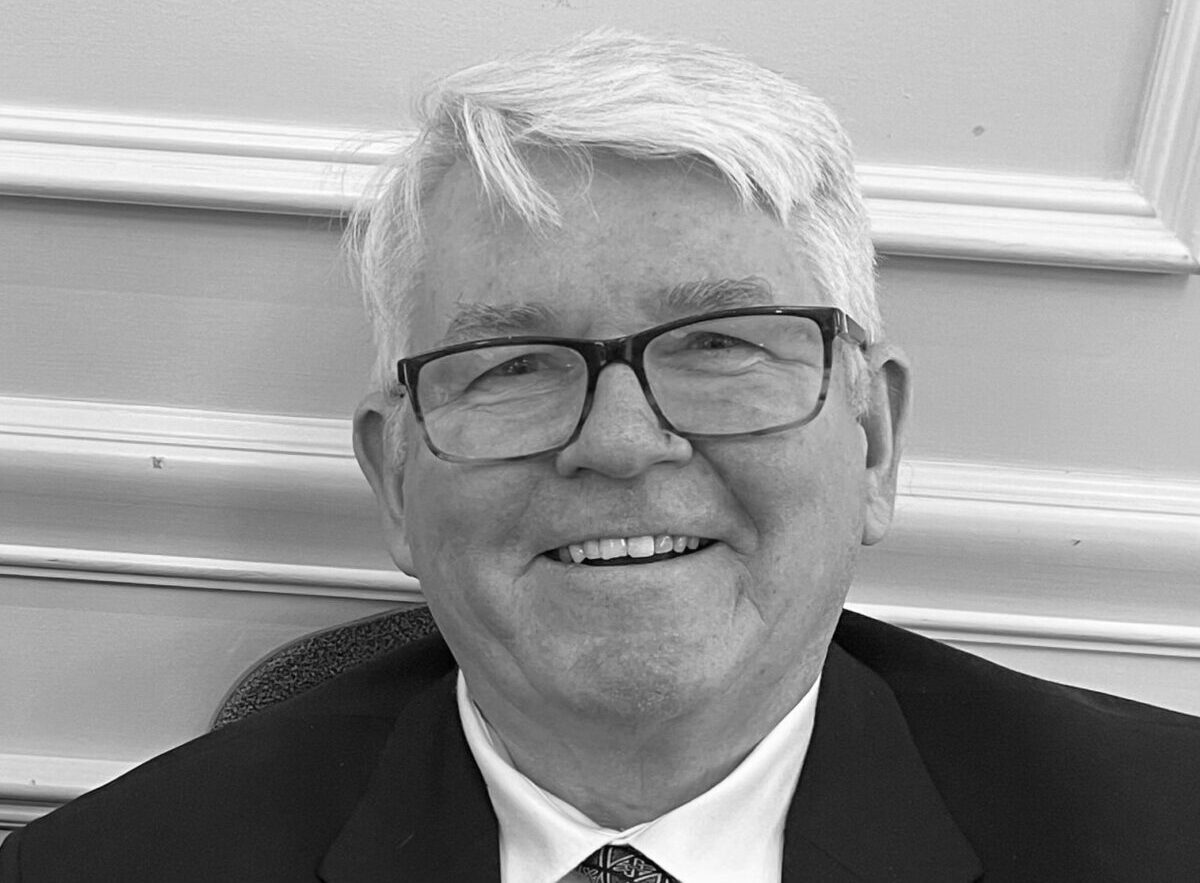 Barry has exercised ministry leadership in the Church with a passion to communicate and live the gospel of Jesus Christ—regardless of life circumstance or challenge. After ordination in 1986, he began as the Incumbent of a small rural Alberta parish, then on to the incumbency of a large suburban parish in Edmonton. In 1998 he was appointed to be the 10th rector of St. Paul, Bloor Street. All three parishes were characterized by transitioning from decline to health and vitality. Barry has exercised leadership that is consistent in three primary ways: to know God and share the experience with others; to know himself to grow as a disciple of Jesus; and to hone and express his ministry gifts and those of others.
Barry has exercised ministry leadership in the Church with a passion to communicate and live the gospel of Jesus Christ—regardless of life circumstance or challenge. After ordination in 1986, he began as the Incumbent of a small rural Alberta parish, then on to the incumbency of a large suburban parish in Edmonton. In 1998 he was appointed to be the 10th rector of St. Paul, Bloor Street. All three parishes were characterized by transitioning from decline to health and vitality. Barry has exercised leadership that is consistent in three primary ways: to know God and share the experience with others; to know himself to grow as a disciple of Jesus; and to hone and express his ministry gifts and those of others.
The primary theme over the years has been in discerning, mentoring, forming, training and sending the most effective leaders possible into both the wider Church and the marketplace. Barry taught at Wycliffe College and Tyndale University, as well as participating in a leadership capacity with other Christian ministries and serving as a critical incident chaplain for Toronto Fire Services.
These various ministry expressions allowed Barry to build bridges into the lives and communities in which he lived and ministered. He has experienced a wealth of ministry practice, vision and leadership opportunities to assist with the critical work of ministry and leadership in this post-Christendom age. Even in retirement, Barry’s ministry is now actively engaged with leadership coaching of younger ministry leaders across denominations and across the country.
Peter Patterson
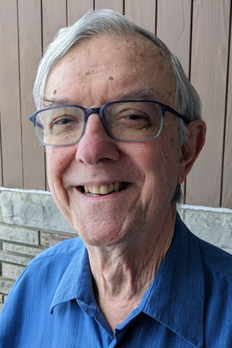 After becoming President of the M & G Reinsurance Company’s life insurance business in North America in 1986, Peter experienced the benefits of executive coaching himself for the first time. Consequentially, he enthusiastically supported the introduction of such support for others later during his service in the charitable sector, including his time as chair of the Board of Directors at World Vision Canada. It was easy, therefore, to accept the invitation to serve as a coach himself on the team providing this same assistance to clergy in the Diocese of Toronto where he and his family have gratefully worshipped for many years.
After becoming President of the M & G Reinsurance Company’s life insurance business in North America in 1986, Peter experienced the benefits of executive coaching himself for the first time. Consequentially, he enthusiastically supported the introduction of such support for others later during his service in the charitable sector, including his time as chair of the Board of Directors at World Vision Canada. It was easy, therefore, to accept the invitation to serve as a coach himself on the team providing this same assistance to clergy in the Diocese of Toronto where he and his family have gratefully worshipped for many years.